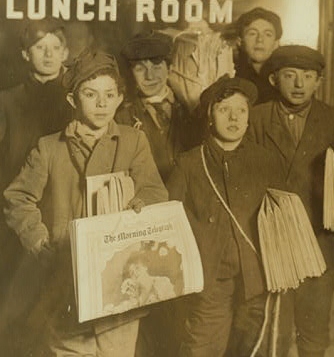Is a Publication Boycott of Chinese Science a Justifiable Response to Human Rights Violations Perpetrated by Chinese Doctors and Scientists?
By Doug McConnell
Recently the editor-in-chief of the Annals of Human Genetics, Prof David Curtis, resigned from his position, in part, because the journal’s publisher, Wiley, refused to publish a letter he co-authored with Thomas Schulze, Yves Moreau, and Thomas Wenzel. In that letter, they argue in favour of a boycott on Chinese medical and scientific publications as a response to the serious human rights violations happening in China. Several other leading journals, the Lancet, the BMJ and JAMA have also refused to publish the letter claiming that a boycott against China would be unfair and counterproductive.
This raises two separate ethical issues: 1. Should journals refuse to publish a letter arguing in favour of a boycott on Chinese medical and scientific publications? 2. Should journals actually establish a boycott on Chinese medical and scientific publications?Read More »Is a Publication Boycott of Chinese Science a Justifiable Response to Human Rights Violations Perpetrated by Chinese Doctors and Scientists?

